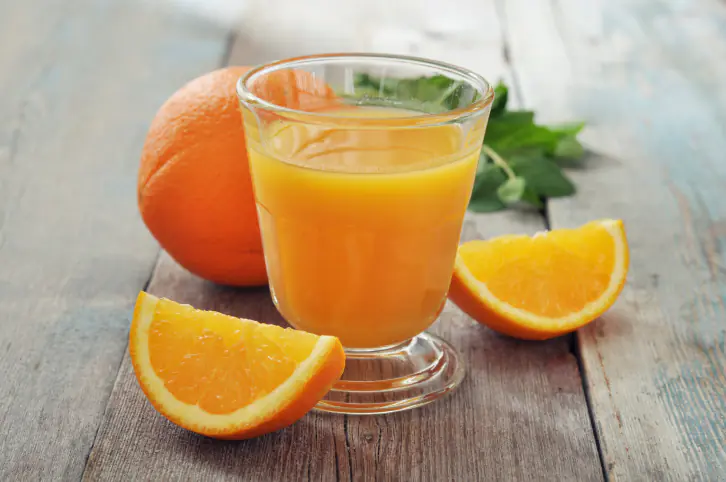With the onset of winter, many of us begin to complain of blues and fatigue. Long periods of cold and lack of sun affect our mental and physical well-being, and also increase the risk of catching colds and flu. Doctors note that all these factors are due to the fact that our body does not receive enough vitamins and minerals, so it is very important to monitor their balance and strengthen the immune system. If the body receives a sufficient daily dose of essential substances, you can forget about colds, viruses and seasonal mood swings. Be sure to include a portion of vegetables and fruits in your daily diet: 400 g is enough to get a basic “dose” of nutrients.
So, what vegetables, fruits and berries will help saturate the body with important vitamins in winter?
Apples
Apples are considered one of the most delicious and affordable autumn and winter fruits. They keep well and can be enjoyed all winter and spring. They contain many vitamins and minerals that help our stomach function and reduce cholesterol levels in the blood. In addition, apples simply need to be consumed for vitamin deficiency, anemia and deficiency of ascorbic acid - vitamin C, which is extremely important in the cold season. You can make fresh apples or fill the necessary vitamin deficiency with packaged juices. But if freshly squeezed juices need to be drunk immediately - within half an hour, then packaged juices are stored longer, so they are more practical.
Celery
Celery is a unique plant that will help cope with weak immunity, bad mood and strengthen the body during the cold season. It contains vitamins A and B, amino acids, and essential oils. It will also solve seasonal skin problems - celery helps cells regenerate and relieves inflammation. Nutritionists never tire of praising this plant – it copes so well with cleansing the body.
Rose hip
Do you want to be sure that a cold will bypass you? Then stock up on rose hips for the winter - it’s not for nothing that it’s considered the people’s doctor. Rose hips contain sugars, pectins, tannins, organic acids, flavonoids, vitamins A and B. To compensate for the deficiency of vitamin C in the body, you can prepare a tincture from dried rose hips. To do this, pour 3 tablespoons of crushed fruits into 500 ml of boiling water and leave for 12 hours. Then strain and drink 100 ml 2 times a day. Rose hips are also used as an additive to tea or compotes.
Cabbage
Cabbage is another vegetable that is not only tasty but also healthy. It is rich in vitamins C, B1, B2, B6, as well as folic acid and potassium. In addition, cabbage contains substances that help fight cancer cells. You can eat cabbage as a salad, pickled or boiled.
Grapefruit
Grapefruit is a fruit that contains a large amount of vitamins and minerals, including vitamin C, potassium, magnesium and folic acid. It also contains antioxidants that help lower blood cholesterol and strengthen the immune system. Grapefruit can be eaten as a fruit, added to salads, or made into fresh juice.
In general, to maintain health and strengthen your immune system in winter, you need to eat a lot of fresh vegetables, fruits and berries, which are rich in vitamins and minerals. Also, remember to eat right, be physically active and get enough sleep.



